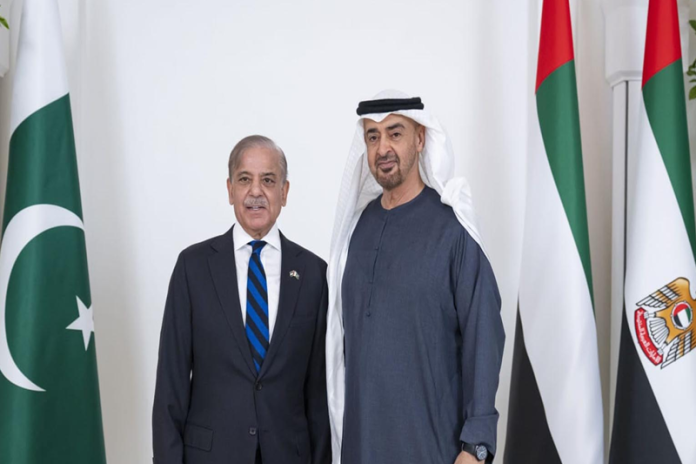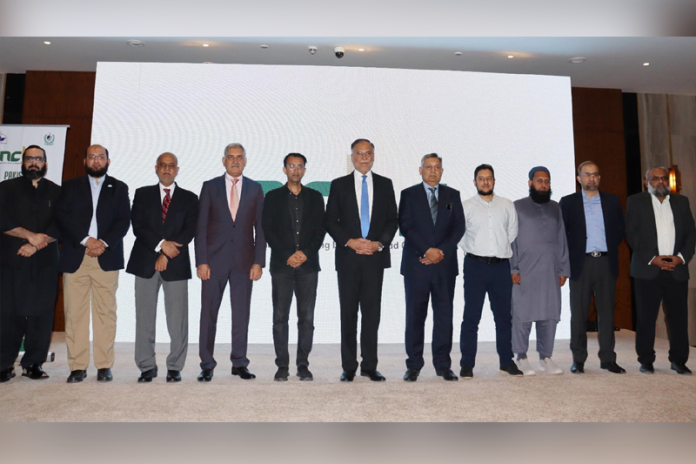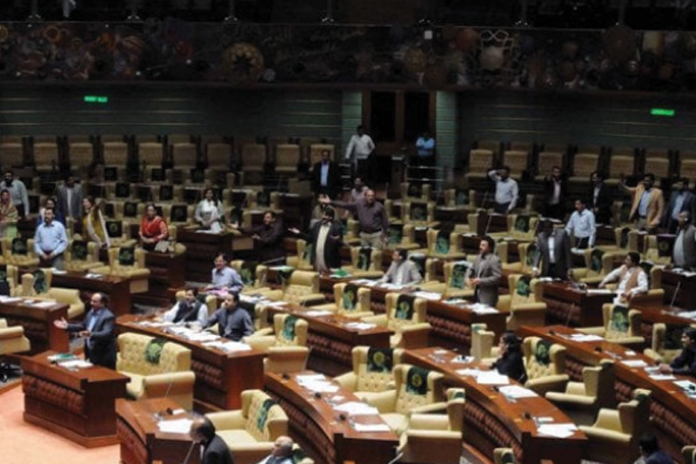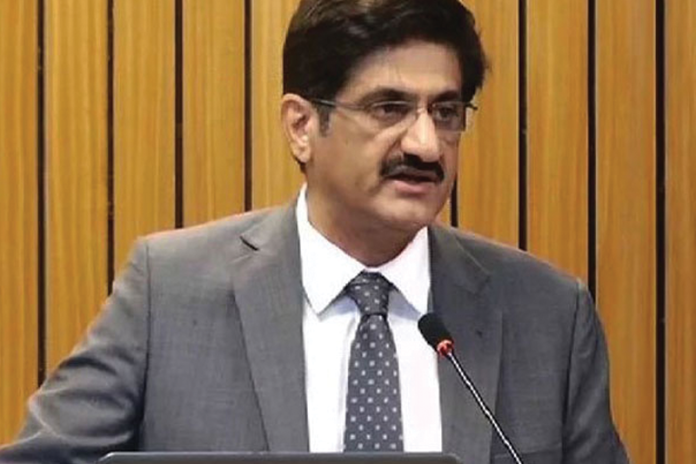IMF, govt teams set to discuss energy reform strategy

- 157
- 0
ISLAMABAD: On Tuesday, teams from the International Monetary Fund (IMF) and the Pakistani government will meet to discuss several measures aimed at improving the country's energy sector and addressing climate change commitments.
One of the key topics is extending the electricity and gas tariff differential subsidy through the Benazir Income Support Fund (BISP). The meeting will also focus on implementing quarterly gas price adjustments and adding a new levy on vehicles using liquid fuels. These measures are part of Pakistan's Resilience and Sustainability Facility (RSE). The Finance Ministry has invited relevant officials, including representatives from different ministries, provincial governments, and the State Bank of Pakistan, to attend.
Among the proposed reforms are replacing the current subsidy system with a more targeted rebate for low-income consumers through BISP, which will help reduce over-consumption and theft. Another measure being discussed is the adoption of an anti-theft law for the power sector, which will help curb electricity theft and improve the financial health of distribution companies. Additionally, a quarterly gas tariff adjustment mechanism is being considered to ensure better alignment with costs and reduce circular debt pressures.
To improve energy efficiency, the government plans to introduce energy standards for new appliances and revise public procurement laws to ensure energy-efficient purchasing. In terms of green mobility, the IMF and government teams will discuss introducing a carbon tax on liquid fuels to reduce reliance on internal combustion engine vehicles and promote electric vehicles (EVs). A scheme will also be introduced to subsidize EVs and impose additional taxes on traditional vehicles to encourage the use of cleaner alternatives. The meeting will also focus on improving water management, with plans to implement an electronic service charge system for irrigation in several provinces. Additionally, the government will work on incorporating climate-related considerations into budget and investment planning. This includes expanding climate budgeting practices to provinces, ensuring that the environmental impact is considered when selecting new projects, and enhancing financial risk management for climate-related issues.
These discussions are crucial for aligning Pakistan's energy sector with national climate goals and improving overall sustainability.

















































